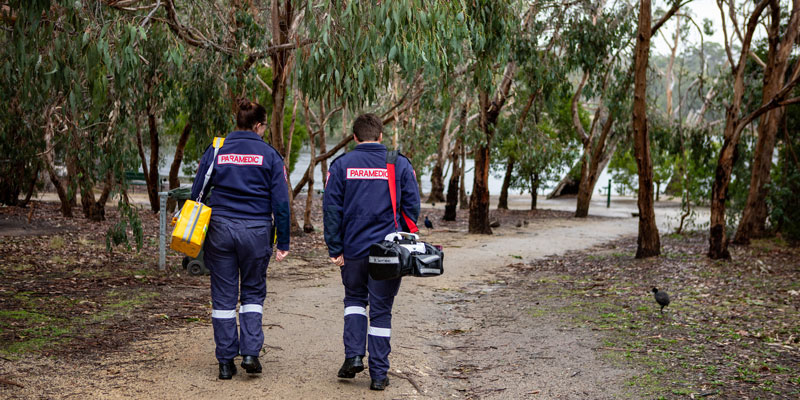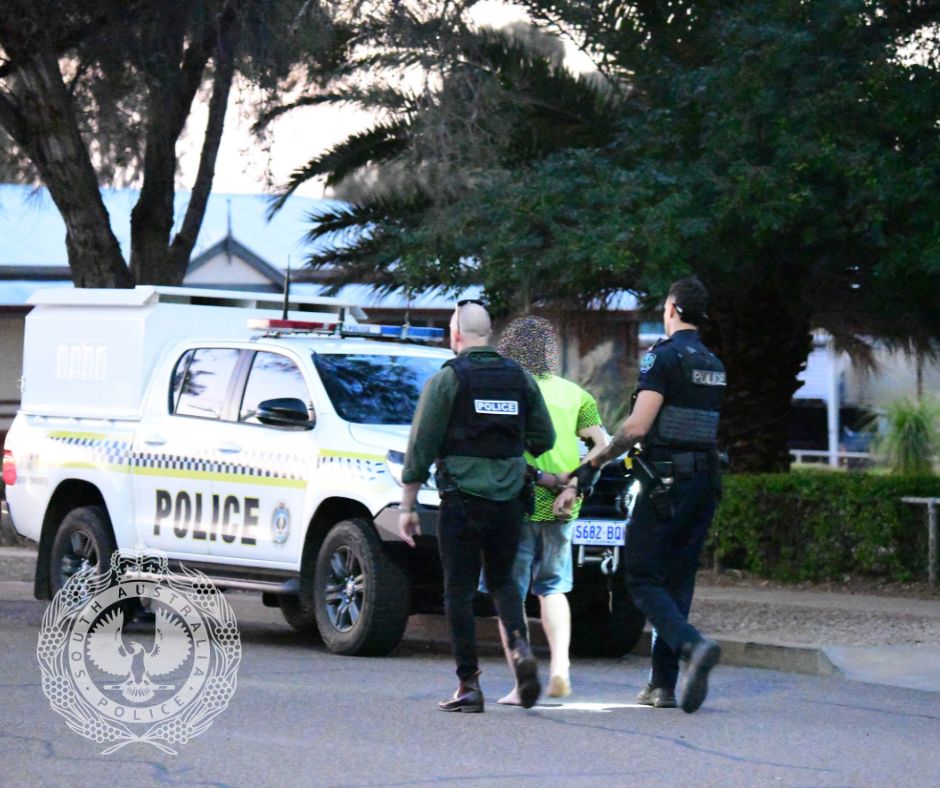Snake season is underway, and Ambulance Victoria (AV) is urging people across Loddon Mallee to be on the lookout and to know what to do if you or someone you’re with gets bitten.
Victoria’s snake season is typically between September and April, with sightings more common in the summer months and in rural areas.
Paramedics responded to a fatal suspected snake bite in Nullawil last month, demonstrating the increased risk across the region as we head into summer.

AV Loddon Mallee Director Regional and Clinical Operations Matt McCrohan said the tragic incident is a timely reminder to the community to remain vigilant in the coming months.
“We have an influx of people to the region over the warmer months, whether it is seasonal workers or holidaymakers,” Mr McCrohan said.
“There’s a high danger of snakes at places like farms and campgrounds, and it’s particularly important to know how to get help given bites may occur in a remote location.
“Most snakes in Victoria are venomous and a bite can be life-threatening.
“If someone is suspected to have suffered a snake bite, even if you’re not sure, you should call Triple Zero (000) immediately.”
Snake bites may cause pain and swelling around the bite, or there may be very few signs left on the skin.
Mr McCrohan said there are some basic first aid steps people can take while waiting for an ambulance if they’re with someone who suffers a bite.
“If a snake bite victim becomes unresponsive, you should begin CPR,” he said.
“If the patient is conscious, it is important to keep them still and reassured while waiting for help – only move them if it is too unsafe to stay put.
“Snake bites commonly occur on hands, feet or limbs so applying a pressure immobilisation bandage around the affected areas from the top to the bottom of the limb can also make a big difference to the treatment and outcome of a snake bite incident.”
People should not wash the site of the bite, as venom left on the skin can be used to help identify the type of snake and required antivenom treatment.
Symptoms that snake venom has entered your body may include dizziness, blurred vision, breathing difficulties, nausea, muscle weakness or paralysis.
“Bites can often be avoided simply by being observant in areas that are likely to attract snakes,” Mr McCrohan said.
“Locals can also take preventative measures around their home by keeping their property clear of rocks, logs and building materials and keeping grass short.”
Snake bite prevention and tips
- Always give snakes a wide berth and allow them the opportunity to flee
- All snake bites should be considered a medical emergency
- Most (but not all) Victorian snakes are venomous
- Do not attempt to catch or kill a snake yourself
- Bite marks may not be obvious – seek help immediately and call Triple Zero (000) if you suspect you have been bitten.
If you or someone you’re with is bitten
- DRSABC (Dangers? Responsive? Send for help. Open airway. Check for breathing. Start CPR if required)
- Call Triple Zero (000)
- Keep patient still and reassure them
- Apply a pressure immobilisation bandage
- Splint the limb to prevent movement
- Wait with the patient until help arrives






